General
Insights and updates from the Webtures team on General.
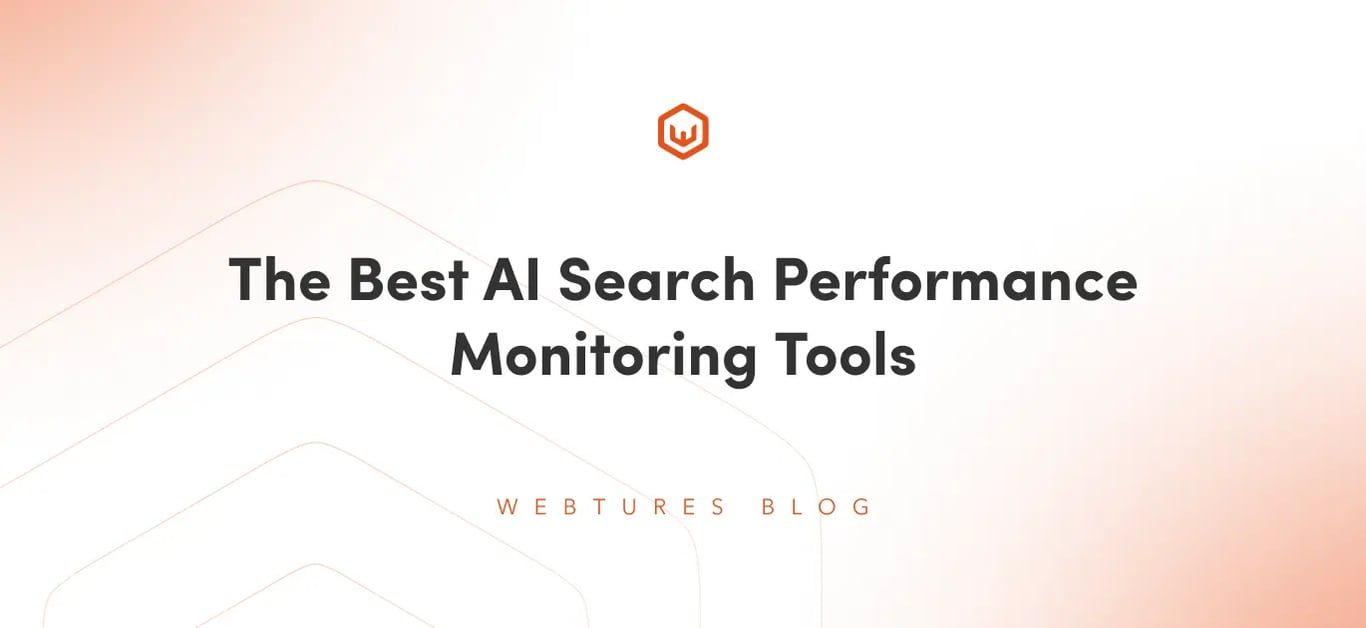
The Best AI Search Performance Monitoring Tools
Atiye Berika Ertaş / 07 Nov 2025
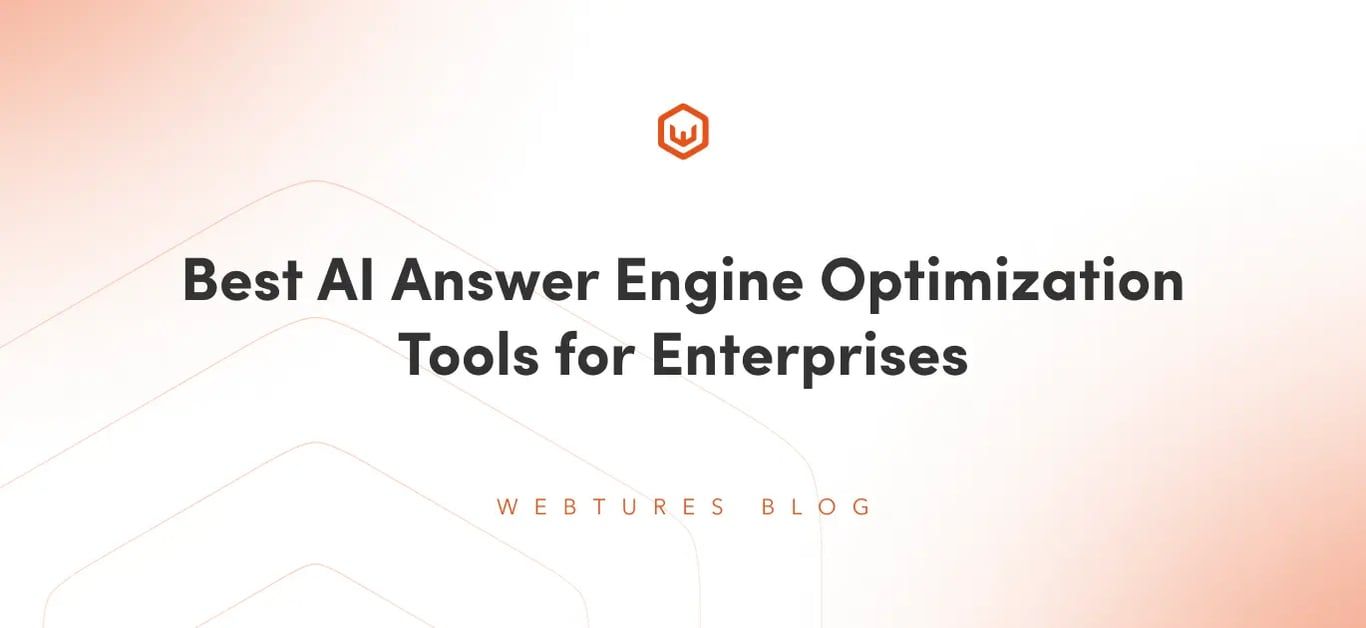
Best AI Answer Engine Optimization Tools for Enterprises
Selen Çetin / 06 Oct 2025
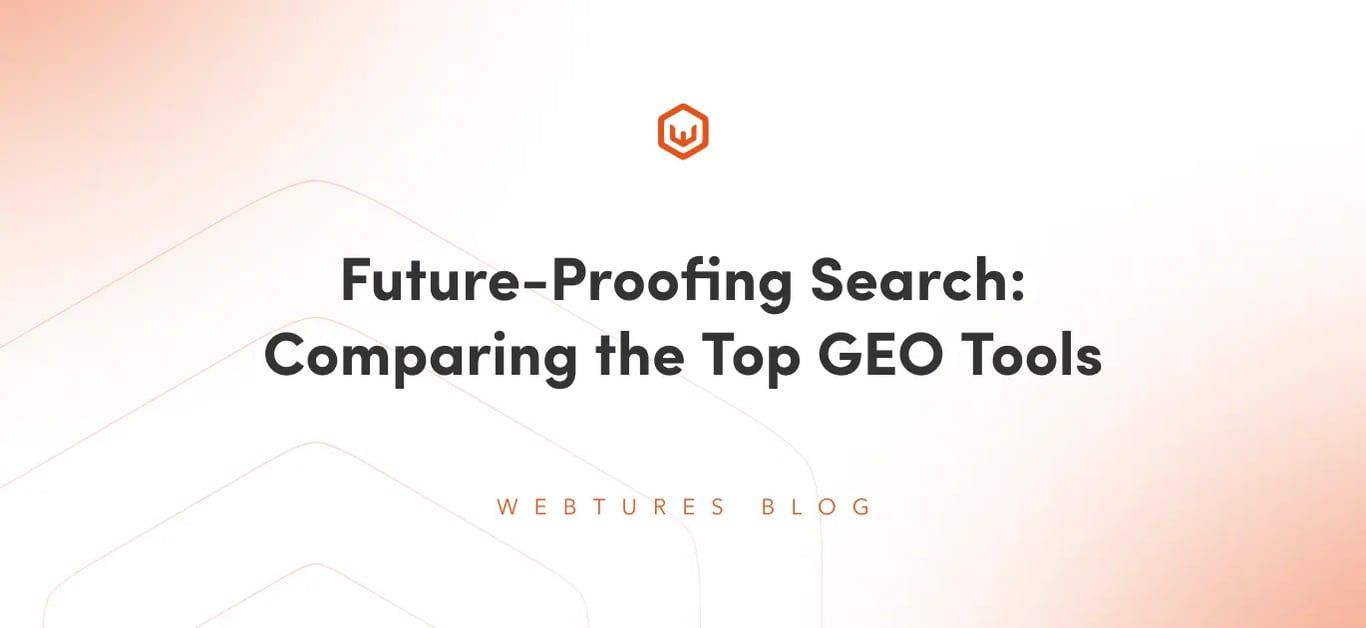
Future-Proofing Search: Comparing the Top GEO Tools
Selen Çetin / 06 Oct 2025
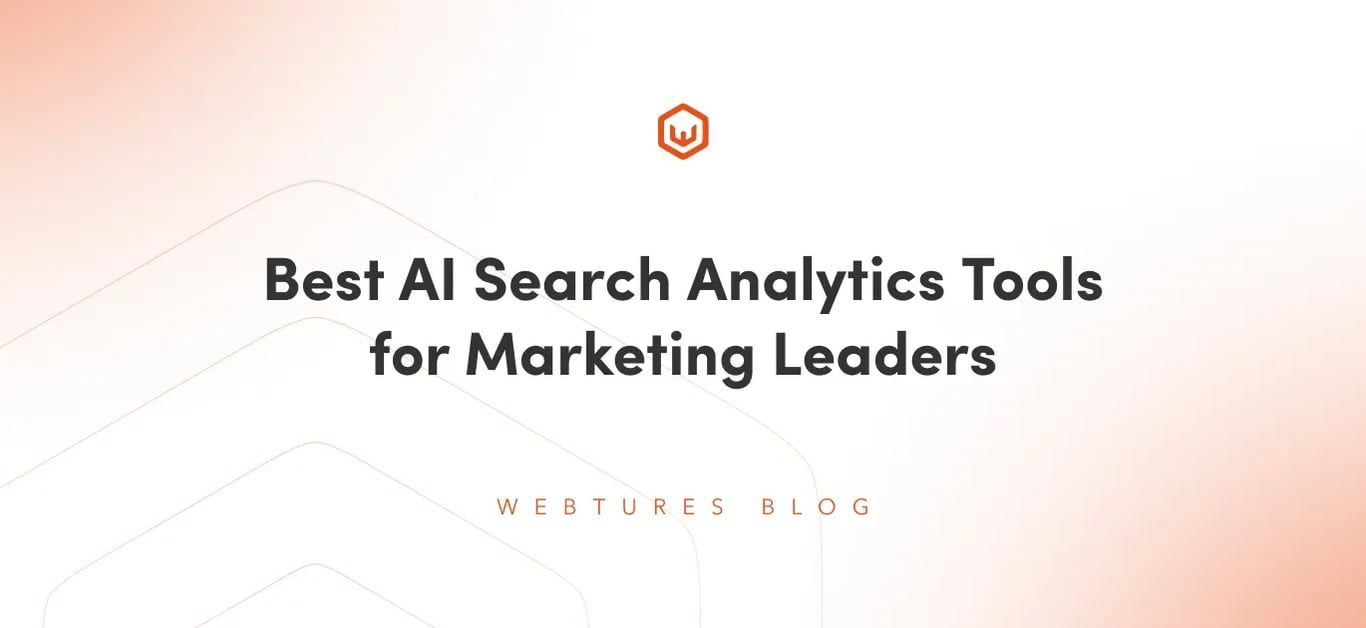
Best AI Search Analytics Tools for Marketing Leaders
Selen Çetin / 03 Oct 2025

Boost Your SEO Performance with AI Content Auditing
Eren Kartav / 19 Sept 2025
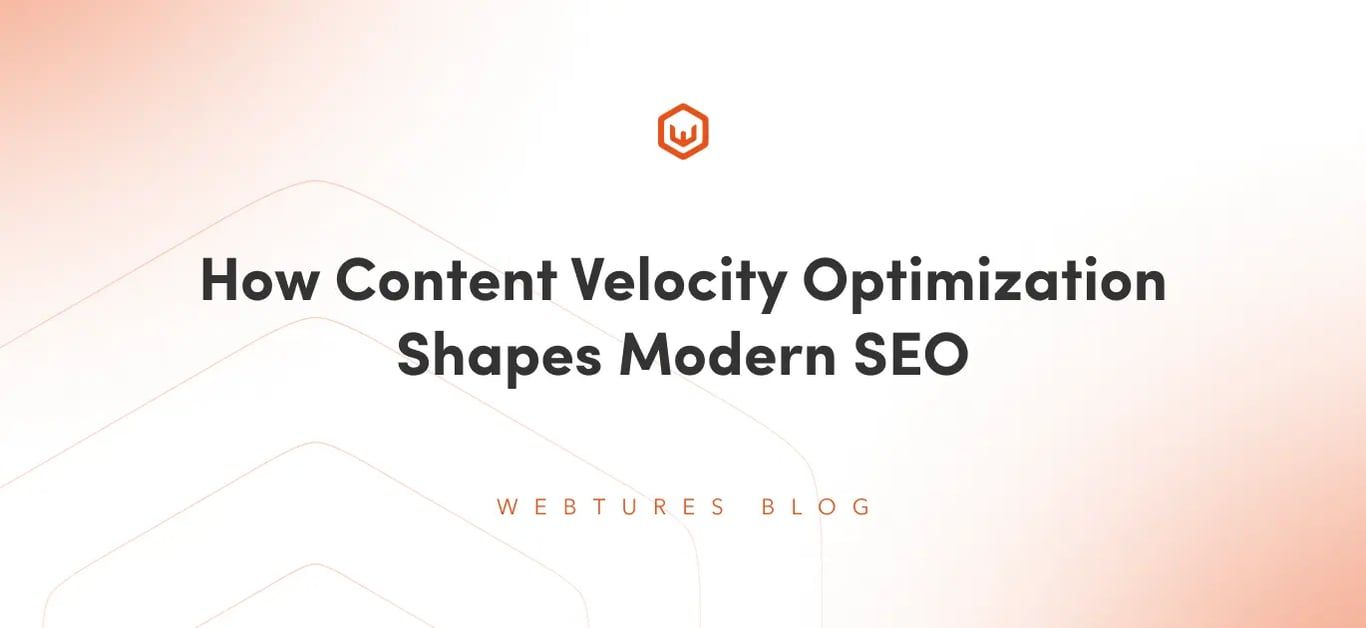
How Content Velocity Optimization Shapes Modern SEO
Sema Koca / 19 Sept 2025
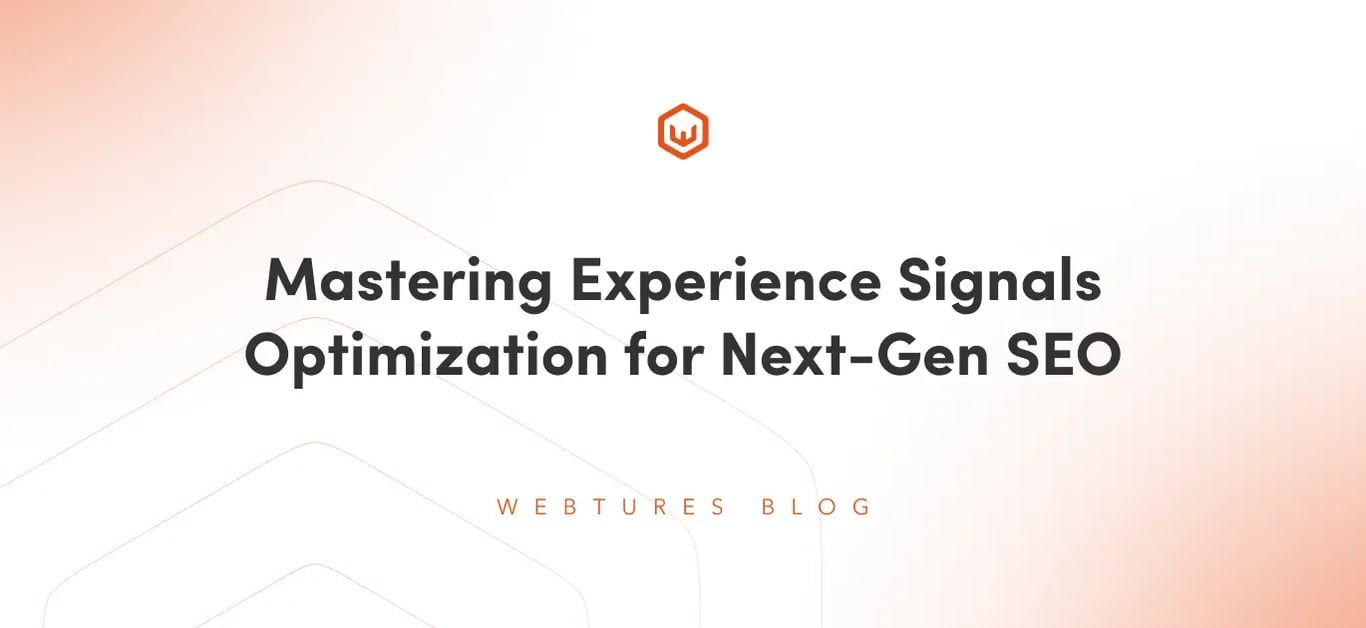
Mastering Experience Signals Optimization for Next-Gen SEO
Selen Çetin / 19 Sept 2025
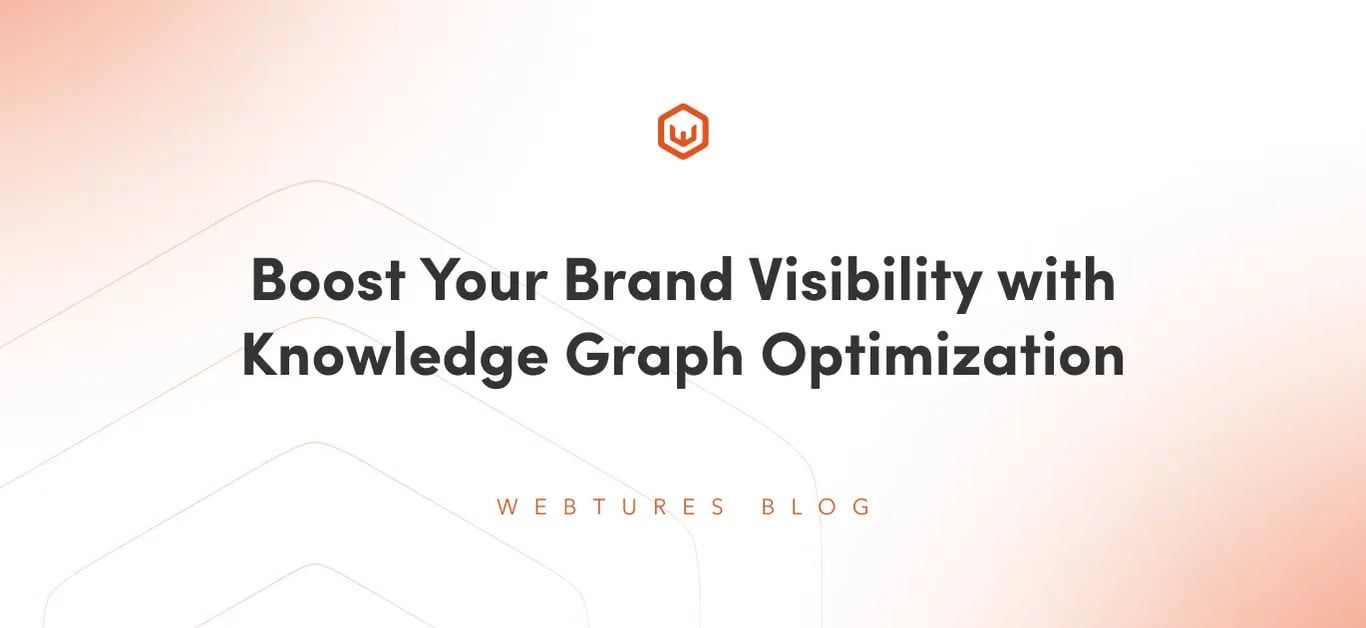
Boost Your Brand Visibility with Knowledge Graph Optimization
Gizem Sayan / 19 Sept 2025
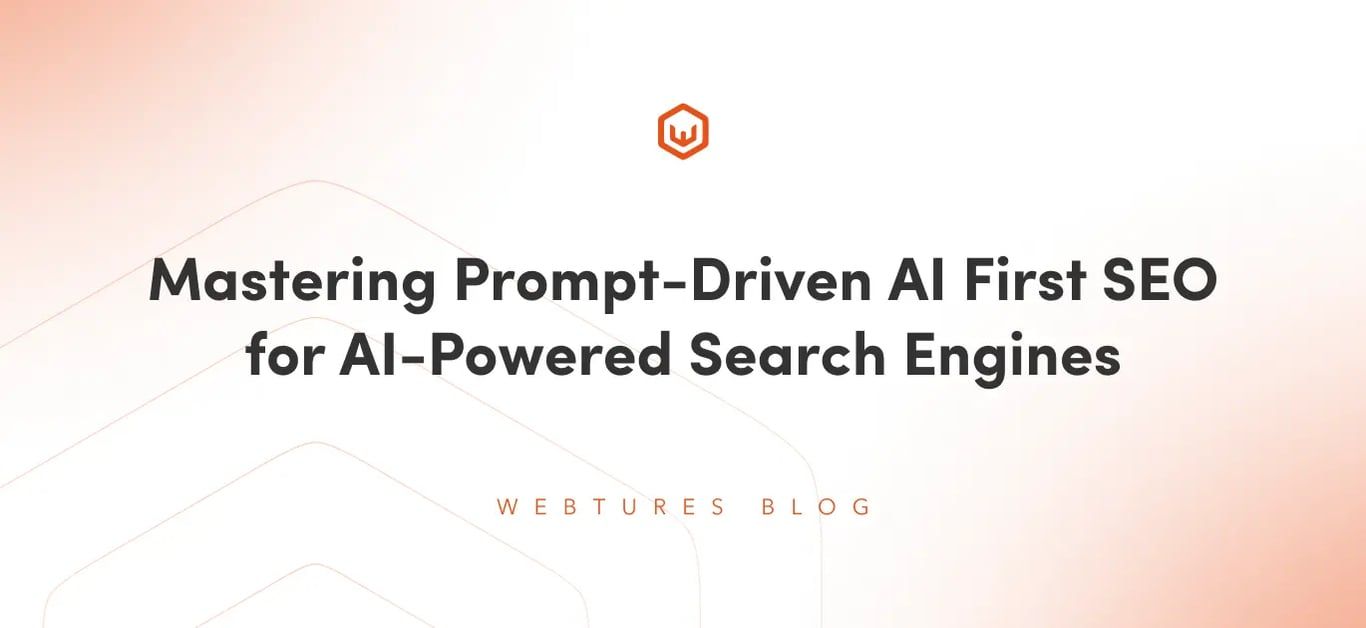
Mastering Prompt-Driven AI First SEO for AI-Powered Search Engines
Tufan Acar / 19 Sept 2025
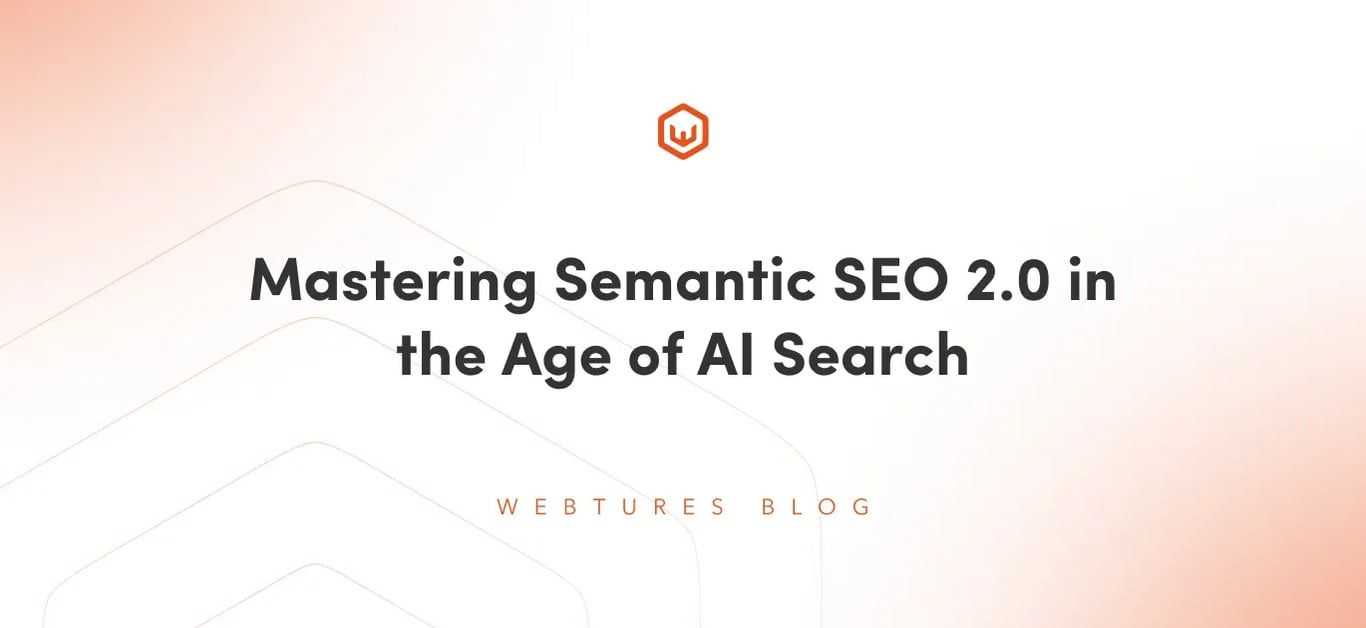
Mastering Semantic SEO 2.0 in the Age of AI Search
Atiye Berika Ertaş / 19 Sept 2025

The Complete Guide to SERP Feature Optimization
İsmail Sağdıç / 19 Sept 2025
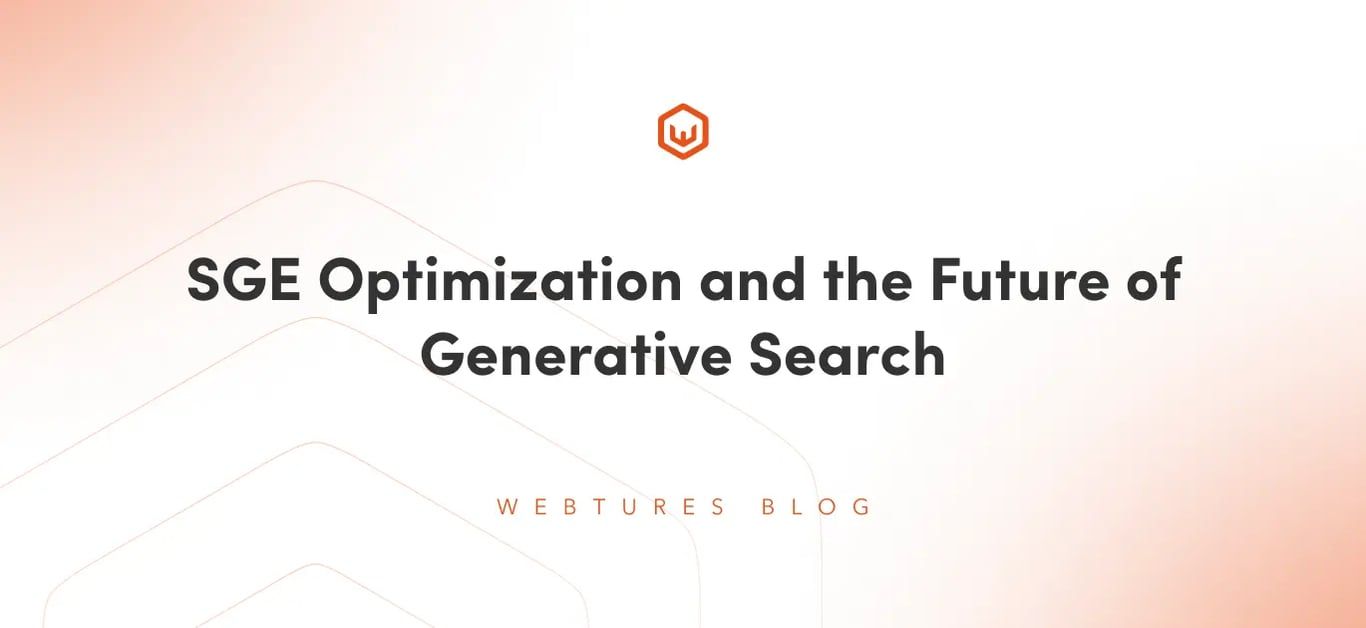
SGE Optimization and the Future of Generative Search
Sinan Gergöy / 19 Sept 2025
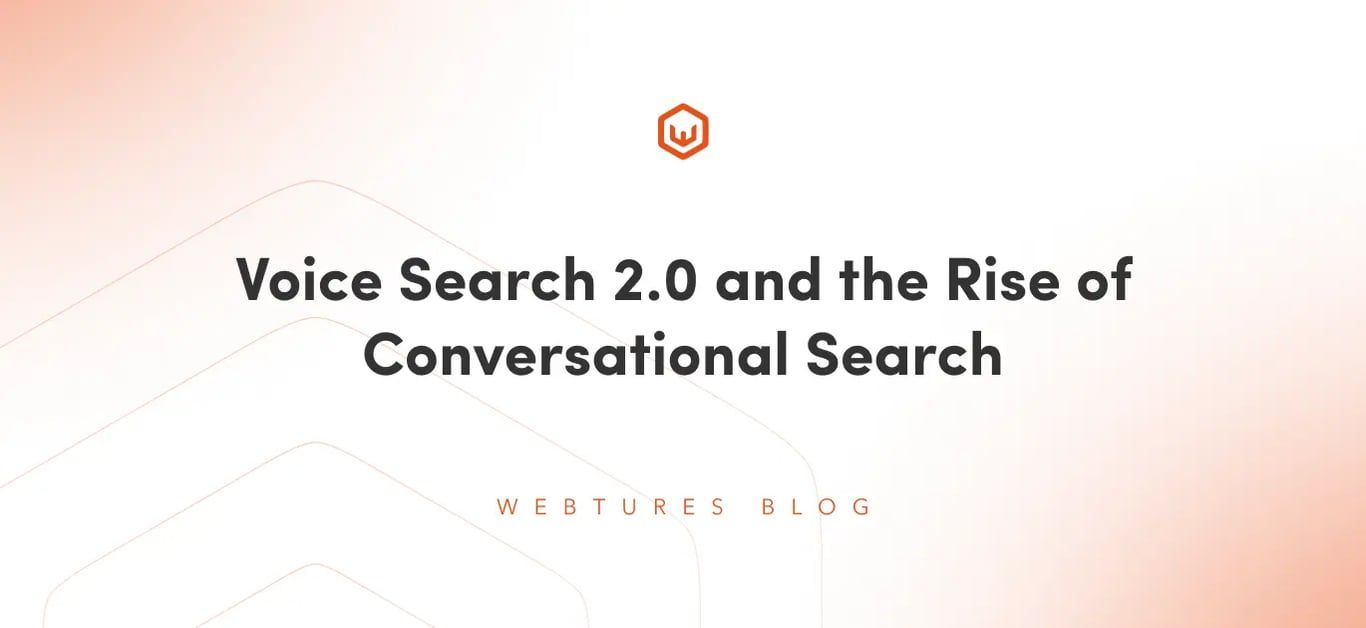
Voice Search 2.0 and the Rise of Conversational Search
İsmail Sağdıç / 19 Sept 2025
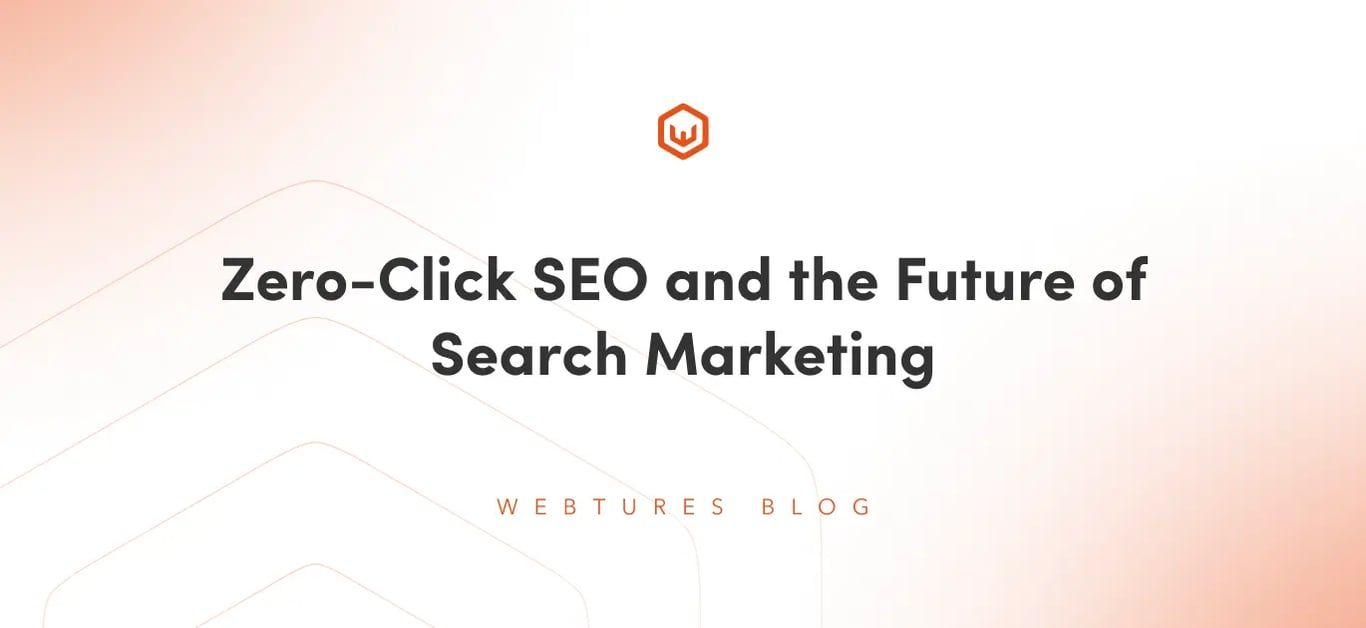
Zero-Click SEO and the Future of Search Marketing
Selen Çetin / 19 Sept 2025
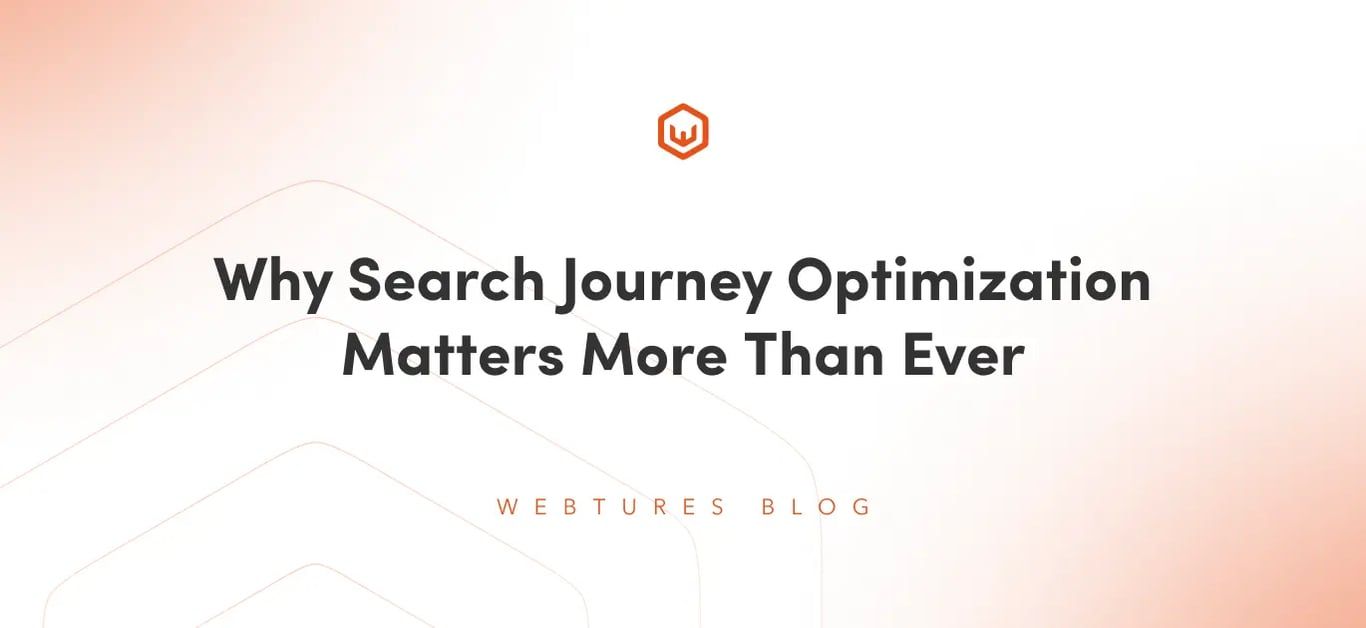
Why Search Journey Optimization Matters More Than Ever
Selen Çetin / 18 Sept 2025
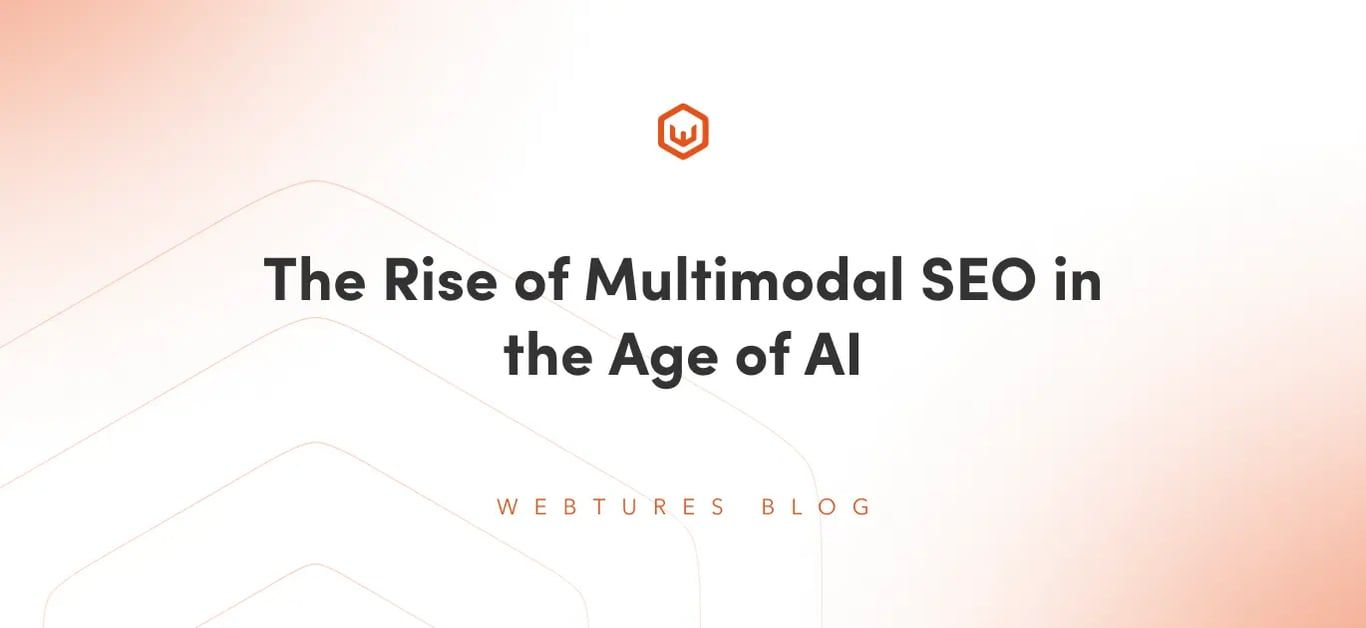
The Rise of Multimodal SEO in the Age of AI
Selen Çetin / 18 Sept 2025
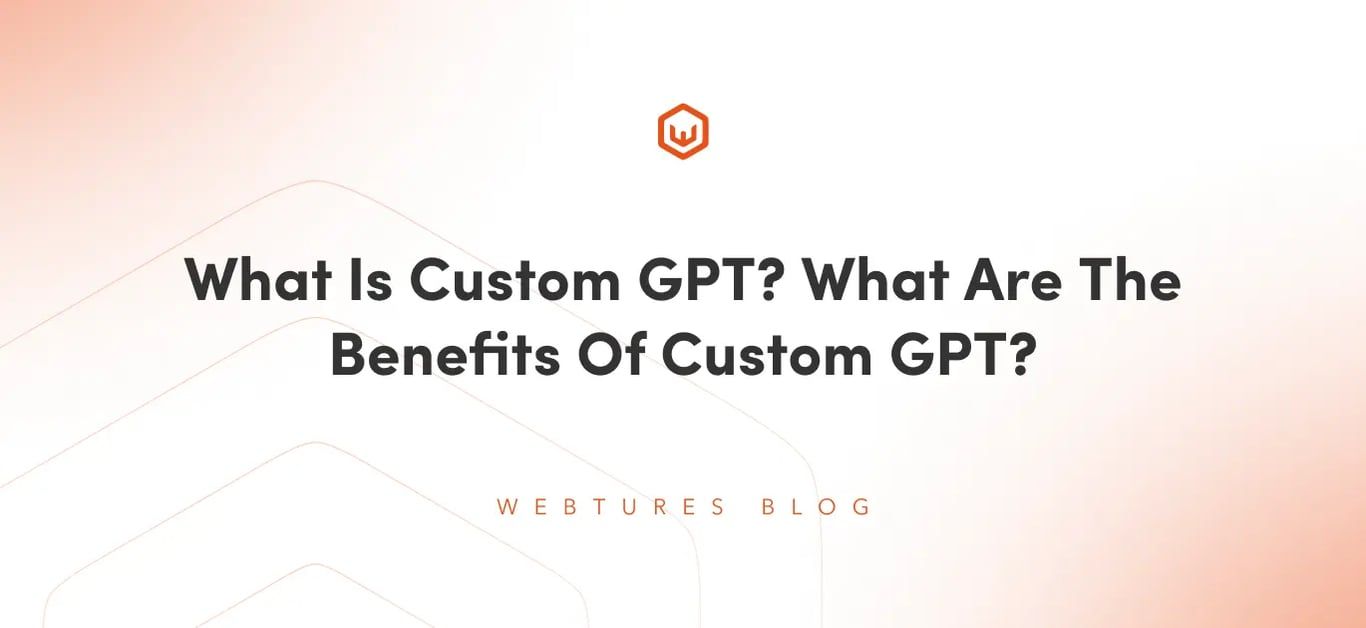
What Is Custom GPT? What Are The Benefits Of Custom GPT?
İsmail Sağdıç / 21 Apr 2024
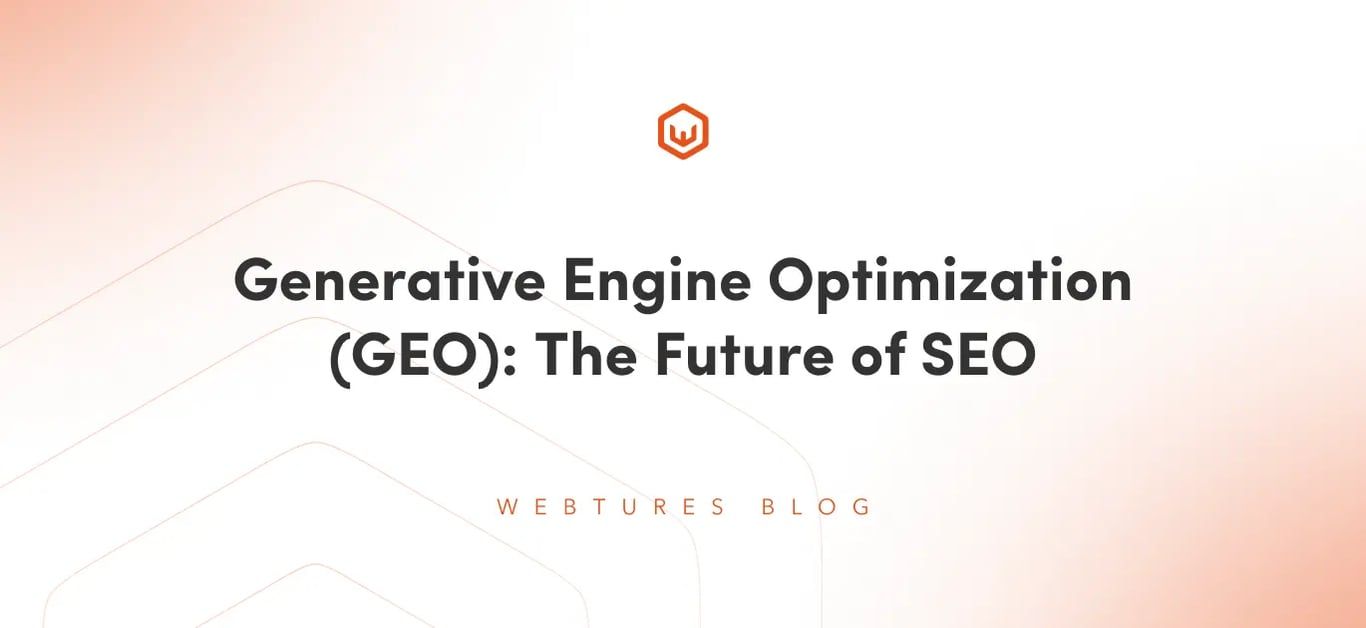
Generative Engine Optimization (GEO): The Future of SEO
İsmail Sağdıç / 22 Mar 2024